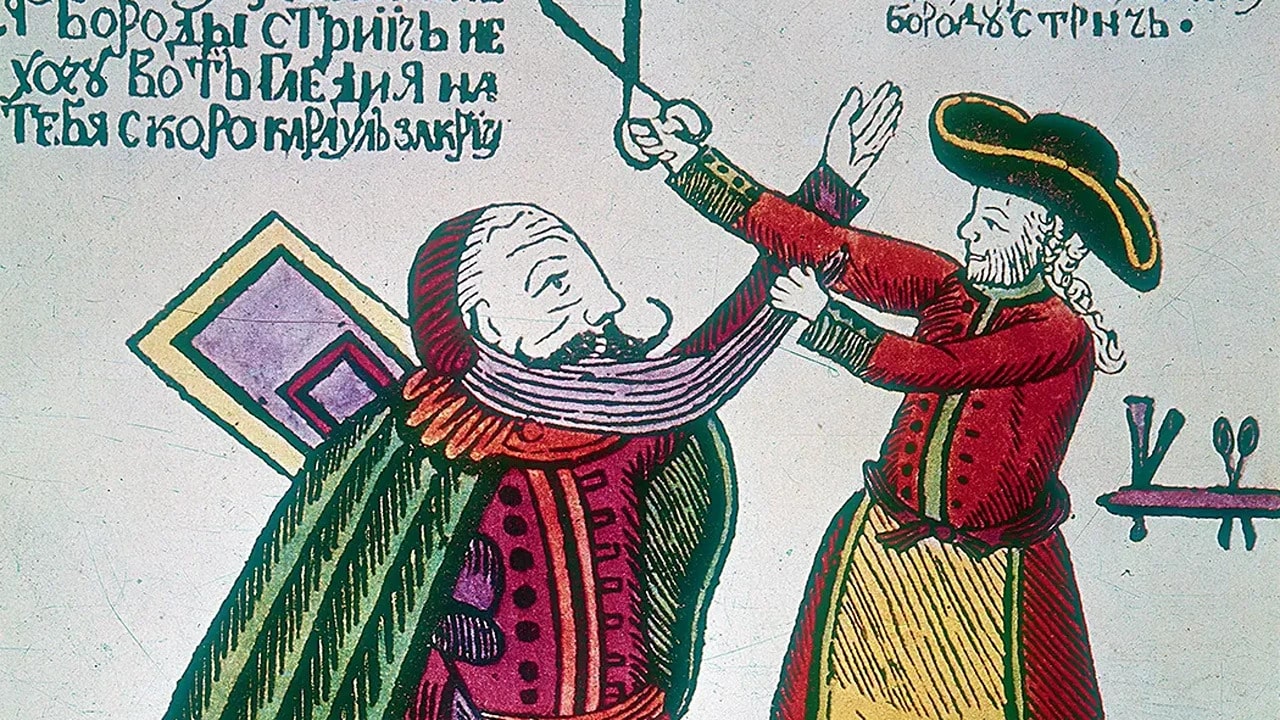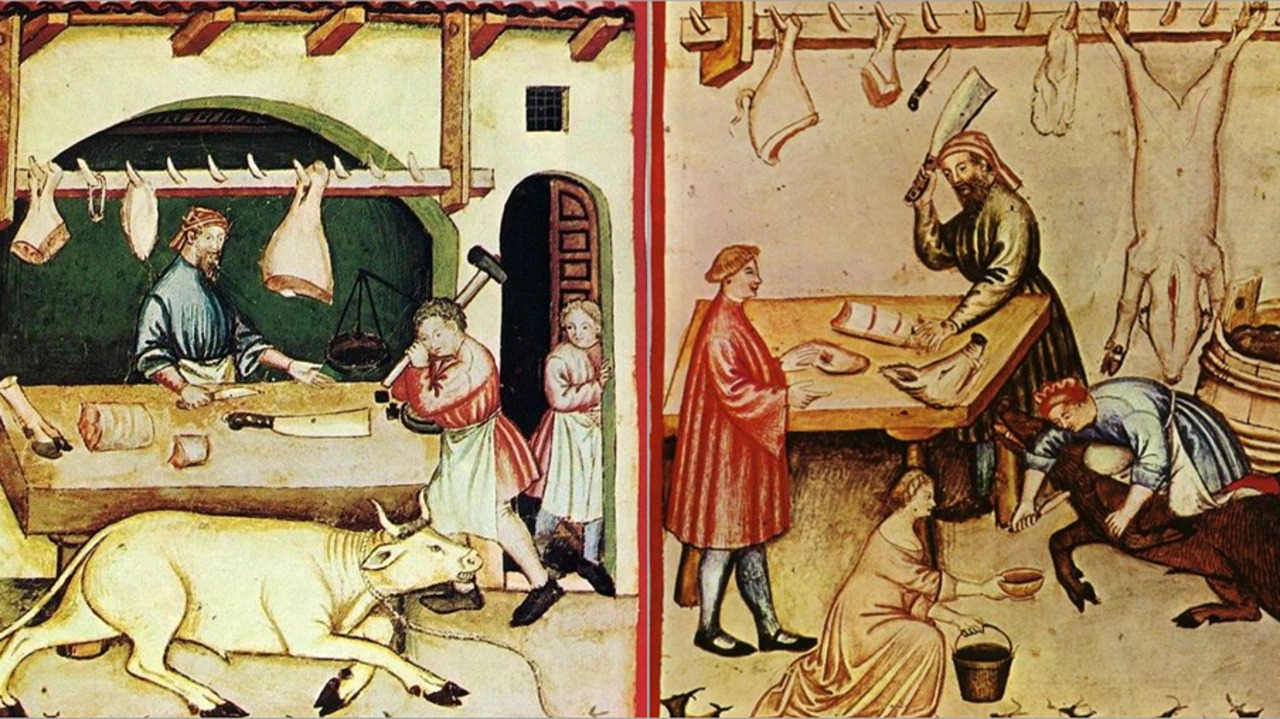Excess taxes, one of the biggest problems of our time, have been taken from people for strange reasons throughout history. When you see these strange taxation, “don’t let the government hear!” You are very likely to say.
Taxation, which was initially collected under the name of gift-donation, has been in our lives since the end of the Middle Ages. An important source of income that keeps the state alive There are some states on this subject, which has preserved its existence throughout history, that has intervened in the social life of the people.
“That’s not all!” I wonder if people were paying such taxes in the past, or are we just being weird now? Let’s decide together the answer to this question.
Of course we know that urine is important. But tax?
In ancient Rome, because it contained ammonia Urine was very important. So much so that they used the urine, which they frequently refer to for cleaning and hygiene, for removing dirt, cleaning and even whitening teeth. And of course, the government puts a tax on this urine, which is the cure for every problem!
RELATED NEWS
You’ll Read With Your Nose Stuffed: The Bizarre Cleansing(!) Cultures of the Dark Ages of the Middle Ages
The Romans used urine as a trade tool at that time, while we siphon the urine, which is disgusting to us today, without thinking. Emperor Vespasian in Rome was aware of the urine trade in public restrooms and decided to tax those urines. “Money does not smell“means “Pecunia non olet” is a famous saying that emerged as a result of the urine tax introduced in the 1st century.
If a tax were imposed on beards today, we are sure that almost most of the men in the country would travel without a beard.

European history is generally known for its strange taxes. At that time, after everyone grew a mustache and beard, the rulers brought beard tax to the citizens. VIII in 1535. Henry implemented this tax. The tax rate, on the other hand, increased or decreased according to the level of the beard owner in the society. And of course Bearded Henry was exempt from this tax!
European origin The Russian ruler Peter the Great also introduced a beard tax in 1698. But his reason was very different. Petro, the beard that everyone had grown, thought that he was known by other countries as a symbol of backwardness.
When we look at the price when buying today, the tax was paid on time for the cooking oil, which we thought twice.

This strange tax in ancient Egypt it was being taken. The pharaohs found such a strange method when it came to taxing their subjects. In Egypt at the time, an army of scribes was tasked with ensuring that taxes were paid on everything transported from grain to beer.
Moreover, the reuse of cooking oil was against the law. This army would search homes to see if cooking oil was being reused. Like this “oil” tax It got its share from the strange tax list applied in history.
Lots of windows meant a big house. If you had too many windows in your house, it was inevitable that you would have to pay taxes in England back then.
In fact, this tax was a foresight about the wealth of citizens. In this system, implemented in England in 1696, more windows meant a bigger house. Therefore, the owner in a smaller house with fewer windows would have to pay more taxes than a poorer or homeless person.
It doesn’t make sense in theory. However, in practice, there was no system that yielded as good results as planned. Because people have various wall-based openings taxed for.
Some people have closed their windows to avoid paying taxes. When this causes insufficient light and ventilation, people this time too. They died from diseases such as typhus, smallpox and cholera. In 1851, this strange tax was erased from the scene of history.
Even the breast has a tax! In India, this tax called “Mulakaram” was taken only from lower class women.

Sensitive Image
In the Indian state of Kerala, breast tax was once levied by rulers when lower-class women wanted to cover themselves in public. For this rather humiliating tax, tax officials examine women in poor neighborhoods, They also calculated the tax according to the breast size.
According to a legend, this tax also represents a protest. almost two hundred years ago in Cherthala Town during inspection by tax officials Nangeli It is said that a woman named a woman cut off her breasts and threw them in front of the tax officer. Although this protest cost Nangeli his life, it is clear that it had a tax-ending effect.
The “celibacy” tax that many of us would have to pay today though.
This tax, which was requested to be implemented in Turkey, was introduced in the first years of the Republic. Yozgat It emerged when the deputy Süleyman Sırrı Bey submitted a proposal to the Grand National Assembly of Turkey regarding the collection of taxes from single men. However, this tax, which was prepared to increase the declining population in the country during the War of Independence, was not enacted.
In fact, the chronically single Hüseyin Rahmi Gürpınar, who reacted to this motion, “I am not marriedI don’t plan to get married either, I’m ready to withdraw whatever the cost of being celibacy is.” said.
Taxes have varied in line with social conditions and have survived to the present day. Many of these taxes may seem ridiculous to us today due to the different circumstances. However, when we interpret it according to the conditions of that period, There is an explanation for all of them, even if it is “nonsense”.
RELATED NEWS
Odd Traditions of the Middle Ages, Also Known as the Era of Evil
RELATED NEWS
What Was The Cleanliness Culture Of In Ancient Times Of China, Which Was Strange With Its Unusual Food?
RELATED NEWS
Why were the ancient Egyptians, who decorated cats with jewels and even mummified them, so obsessed with them?
RELATED NEWS
